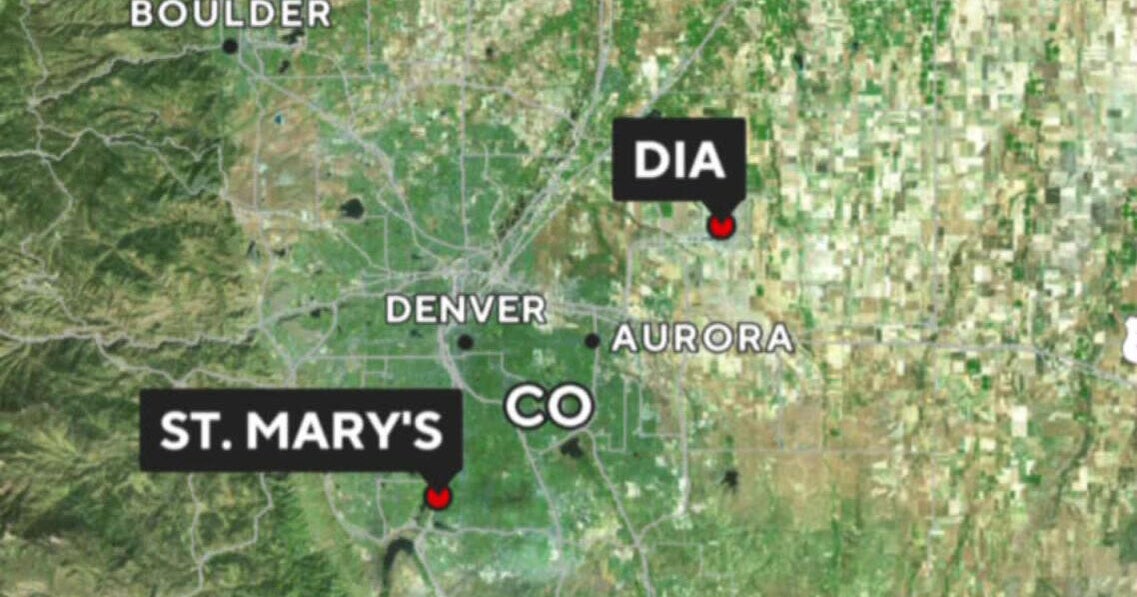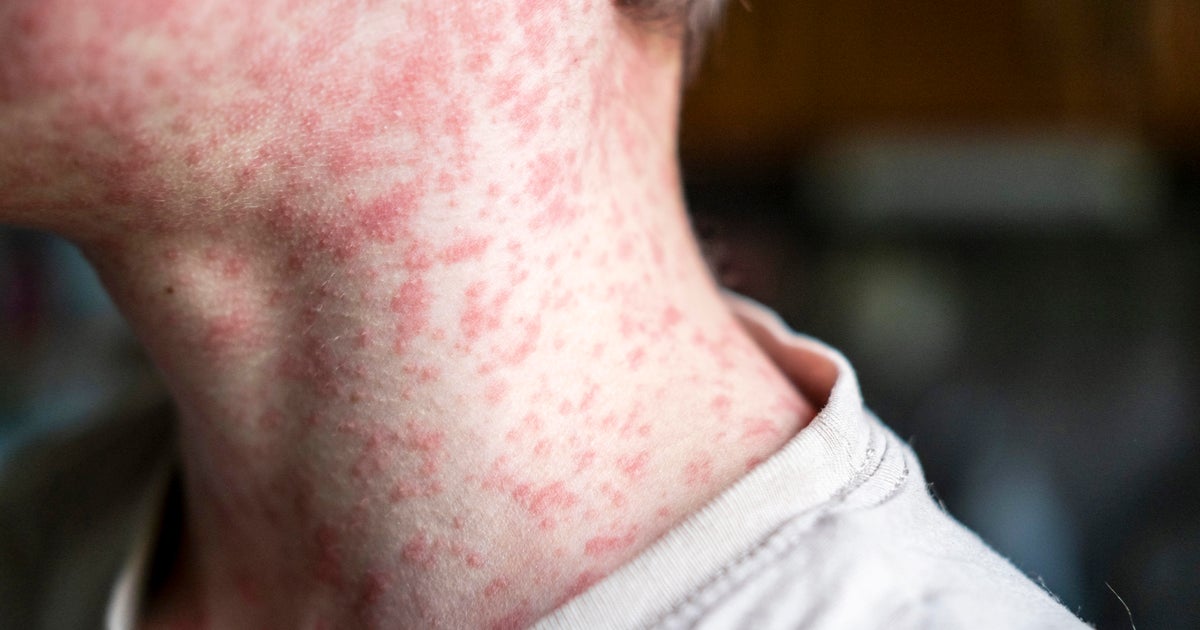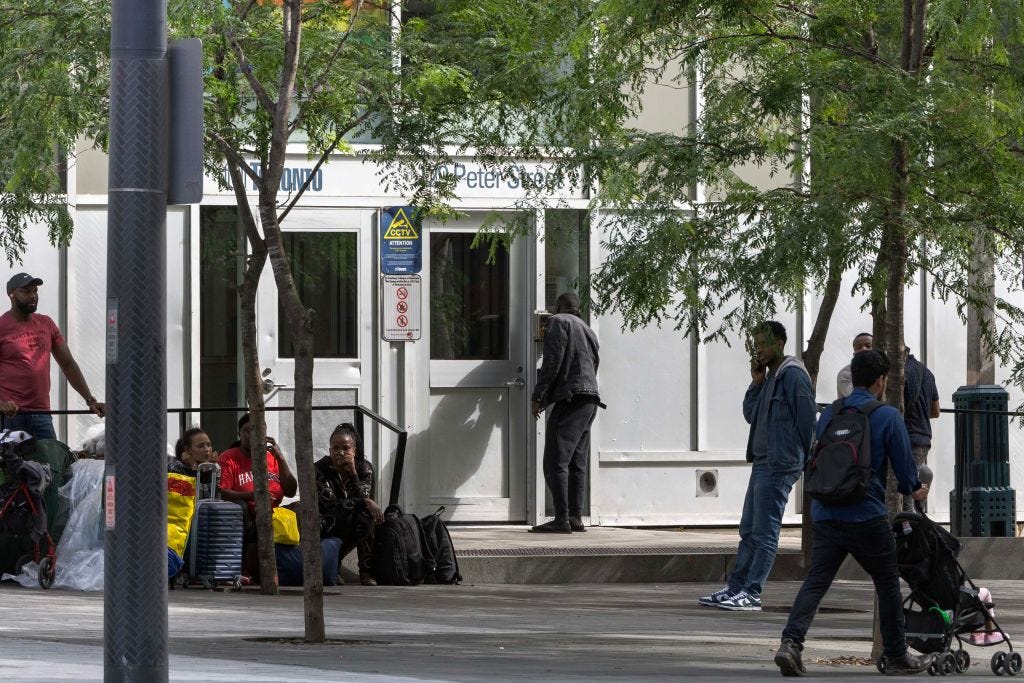Second measles scare in a week at Chicago's O'Hare Airport
CHICAGO — Another case of measles exposure has been reported at O'Hare International Airport, the second instance there in recent days. This case involves a patient who was at the International Terminal on Jan. 9 and who may have exposed others to the highly contagious virus. However, the Illinois Department of Public Health insists there is no outbreak, CBS Chicago reports.
"There have been two unconnected and unrelated individuals who traveled through O'Hare Airport, one on January 9th and one on January 10th," said Nirav D. Shah, Director of the Illinois Department of Public Health. "Both of them had measles."
Health officials said the patient already was infected and contagious with measles upon arrival at the airport. People who were at the airport between 8:30 a.m. and noon that day could be at risk of infection.
The other case was reported on Sunday. That patient arrived at the International Terminal and then boarded a domestic flight at Terminal 1.
In the most recent case, the patient was also at the Concourse Office Plaza in the suburb of Skokie on Jan. 10. The patient then went to three health care facilities between the evening of Jan. 10 through the early morning of Jan. 13.
"One of the reasons that we're taking the steps to notify the public is that the measles virus is highly contagious. The virus can linger for up to two hours in the air or on surfaces," Shah said.
Dr. Allison Bartlett of the University of Chicago echoed those concerns, calling the virus "very, very contagious."
People who are considered to be close contacts and most at risk, including passengers on the inbound flight to O'Hare and others in the airport, are being contacted directly by local health departments. They could develop symptoms as late as February 1.
Symptoms of measles include rash, fever, cough, runny nose, and red, watery eyes. In rare cases, serious complications can develop. Shah said most people have been vaccinated, but those who haven't are most at risk.
"It is important for everyone who can be vaccinated to get vaccinated, if they aren't already," said IDPH Chief Medical Officer Dr. Jennifer Layden. "Getting vaccinated not only protects you, it protects others around you who are too young to get the vaccine or can't receive it for medical reasons. Two doses of measles vaccine are about 97 percent effective in preventing measles."



